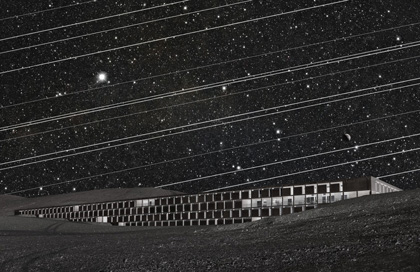Do you know how closely we interact with space on a daily basis? One of Rogel Mari Sese’s main undertakings is helping people understand and appreciate the underestimated role that space plays in our everyday life, and that the innovations and benefits of modern technology essentially come from space or space-related innovation.
Spreading this understanding paved the way to establishing a national space agency for his home country, the Philippines. A space agency creates the institutional backbone of a nation’s access to technological and ultimately socio-economic progress. It links its citizens to each other and the rest of the world, and to the possibility to act and explore in unison.


















